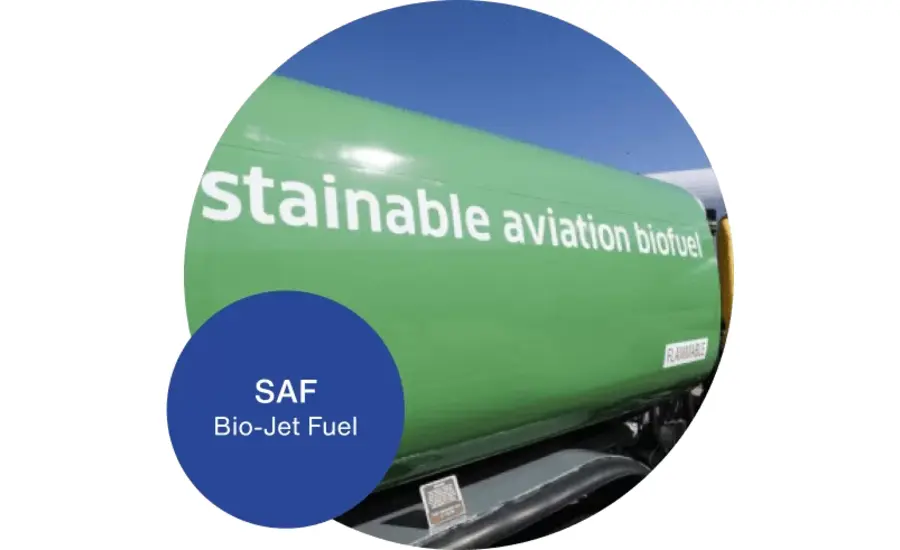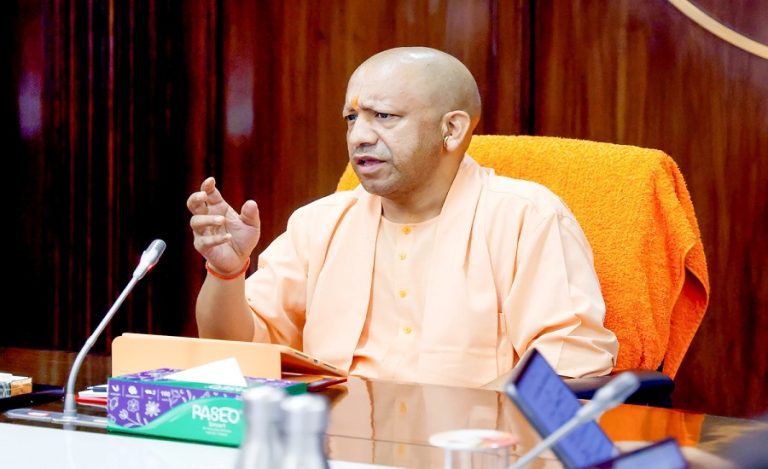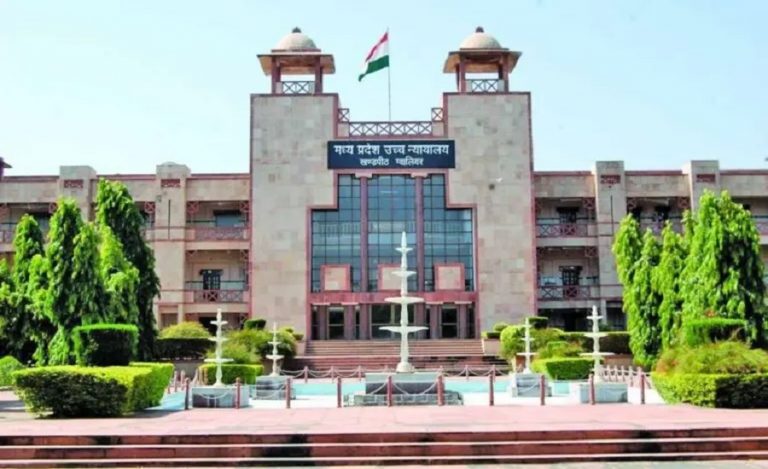New Delhi: India has the capacity to emerge as a global exporter of Sustainable Aviation Fuel (SAF), leveraging its abundant biomass resources and surplus agricultural residue, said Civil Aviation Minister K. Rammohan Naidu on Wednesday.
Speaking in New Delhi, the minister highlighted that India generates over 750 million tonnes of biomass and nearly 230 million tonnes of surplus agricultural residue, both of which are key feedstocks for SAF production.
“India has the capacity not only to meet its own SAF demand but also to emerge as a global leader and exporter,” Naidu emphasized.
What Is SAF and Why It Matters
SAF, or Sustainable Aviation Fuel, is a drop-in fuel alternative to conventional jet fuel and plays a pivotal role in decarbonising the aviation sector. When compared to traditional aviation fuels, SAF can reduce lifecycle carbon emissions by up to 80%.
SAF can be produced from biomass, agricultural waste, and used cooking oil—feedstocks that are abundantly available in India.
Feasibility Study in Partnership with ICAO & EU
The Civil Aviation Ministry, in collaboration with the International Civil Aviation Organization (ICAO) and with support from the European Union, has conducted a comprehensive feasibility study under the ACT-SAF (Capacity-building and Training for SAF) programme.
The study evaluated:
- Availability of domestic feedstock
- Infrastructure readiness
- Policy environment
- Viable production pathways
- Global best practices adapted to India’s socio-economic landscape
The result is a roadmap for SAF adoption in India, aligning with both domestic policy goals and international climate commitments.
Benefits: Reducing Emissions, Boosting Farmers’ Income
According to Minister Naidu, scaling up SAF production in India would have multiple benefits:
- Reduction in crude oil imports
- Lowering of annual carbon emissions by 20–25 million tonnes
- Boost to farmers’ incomes through the creation of a value chain for agricultural residue
- Promotion of rural economy and clean energy innovation
Indian Oil Leads SAF Production
In a key development, Indian Oil Corporation has become the first Indian company to receive the ISCC CORSIA certification for SAF production at its Panipat refinery in Haryana.
CORSIA refers to the Carbon Offsetting and Reduction Scheme for International Aviation developed by ICAO.
Meanwhile, COTECNA Inspection India Pvt Ltd has been accredited as the first SAF certification body in the country.
SAF Targets Set: 5% Blending by 2030
India is setting ambitious goals for SAF blending in Aviation Turbine Fuel (ATF):
- 1% by 2027
- 2% by 2028
- 5% by 2030
These targets are in line with CORSIA mandates and position India as an emerging SAF powerhouse in the global aviation ecosystem.
Industry Partnerships Strengthen Momentum
In a recent move to strengthen the SAF supply chain, Air India and Indian Oil Corporation signed a Memorandum of Understanding (MoU) for the future supply of SAF, indicating serious industry interest and alignment with national targets.
Read also: India’s APEDA Unveils BHARATI Programme to Accelerate Agri-Food Export Competitiveness




























